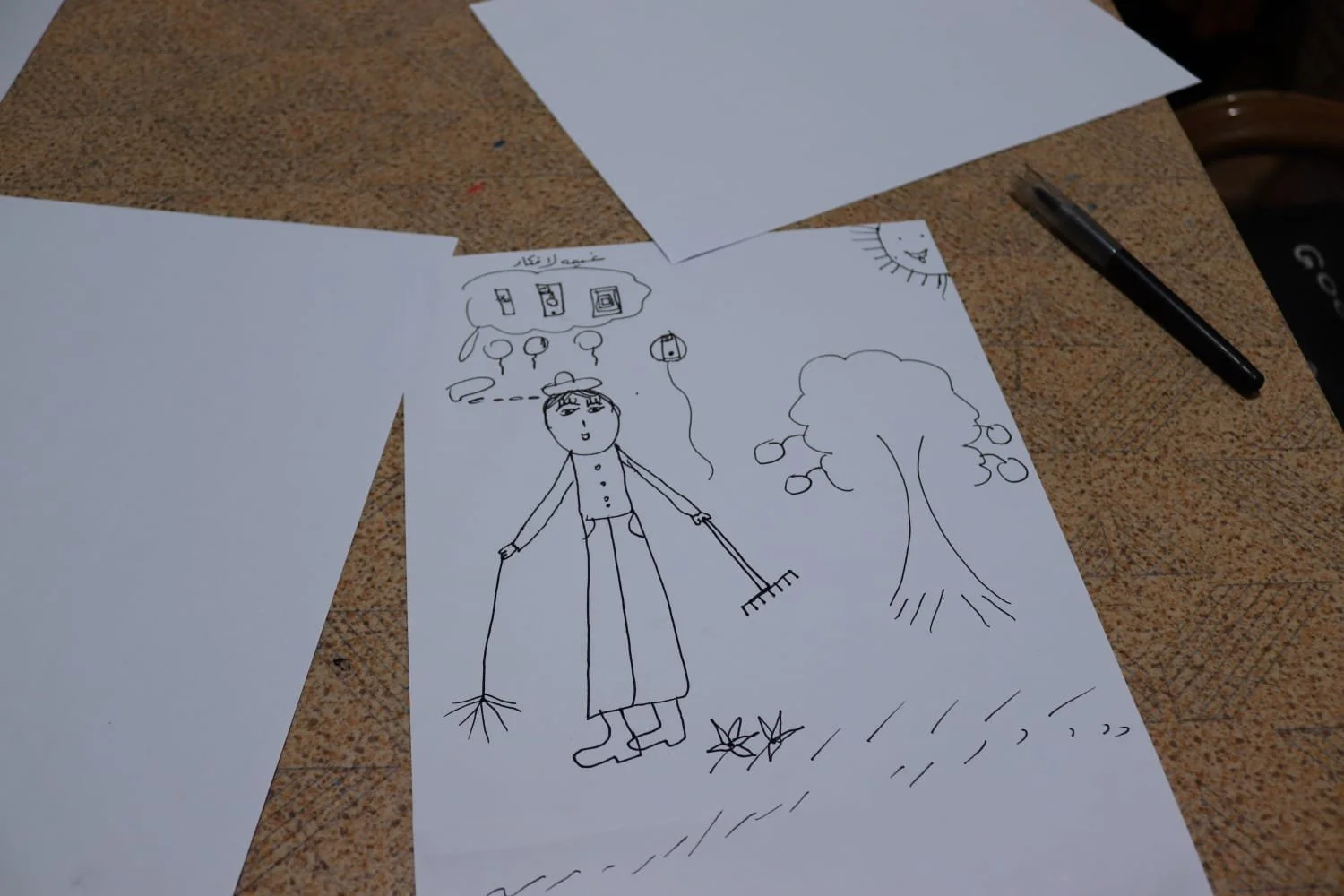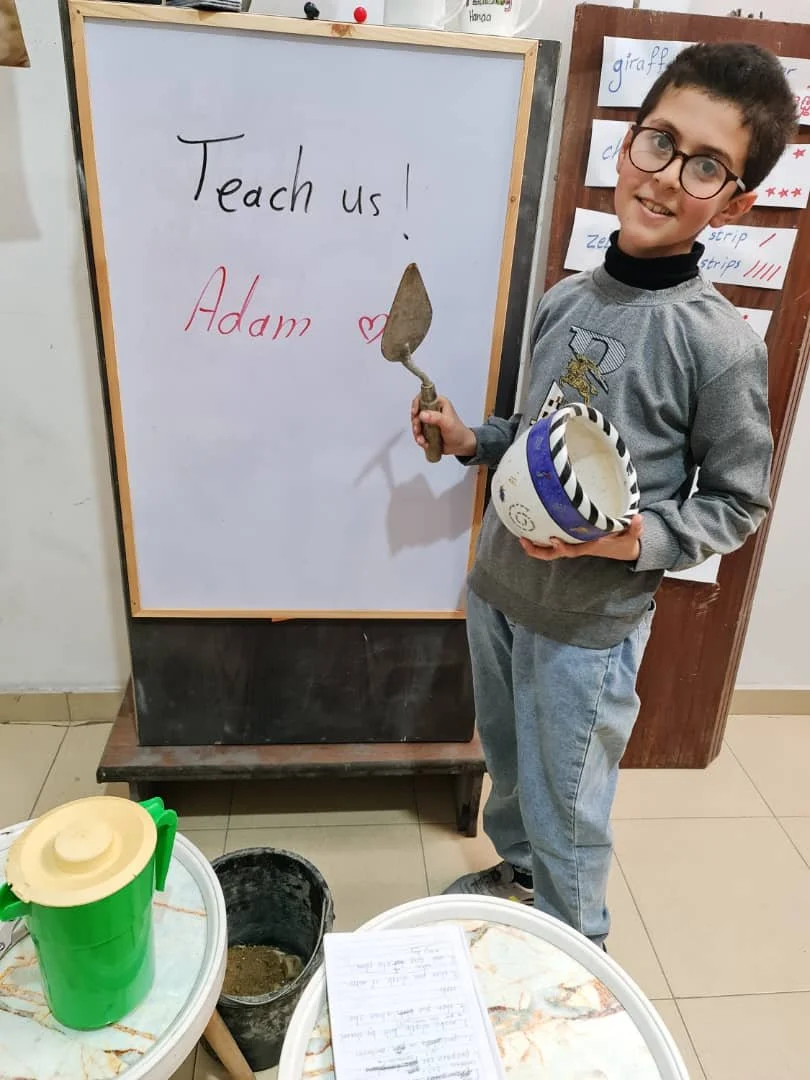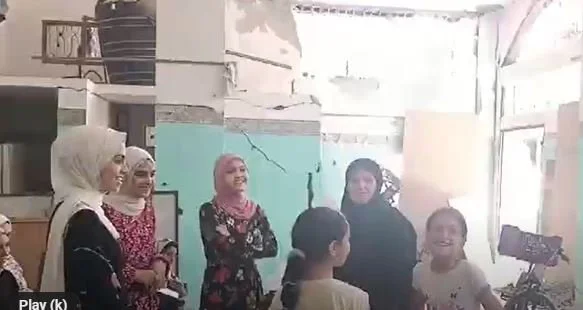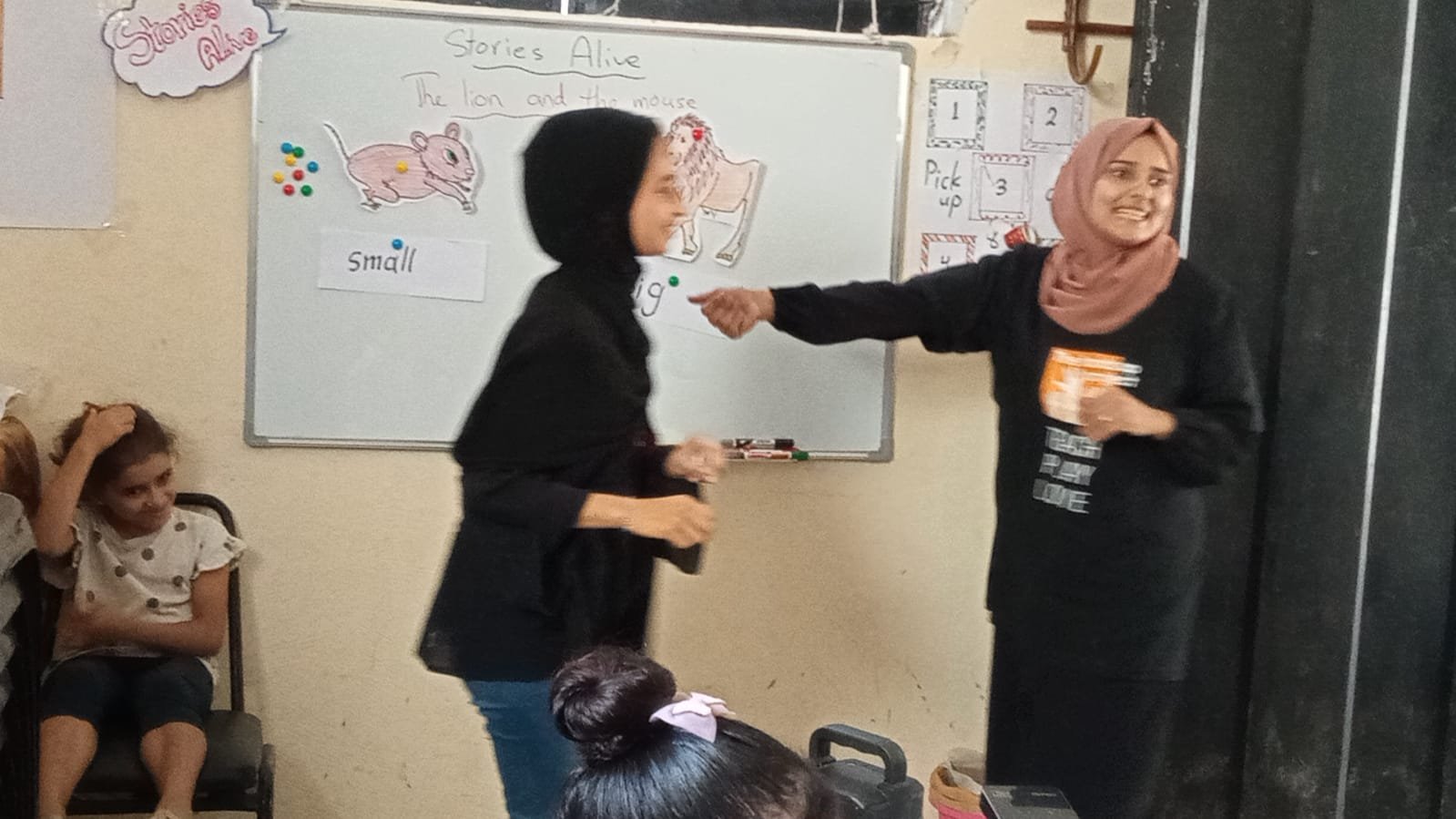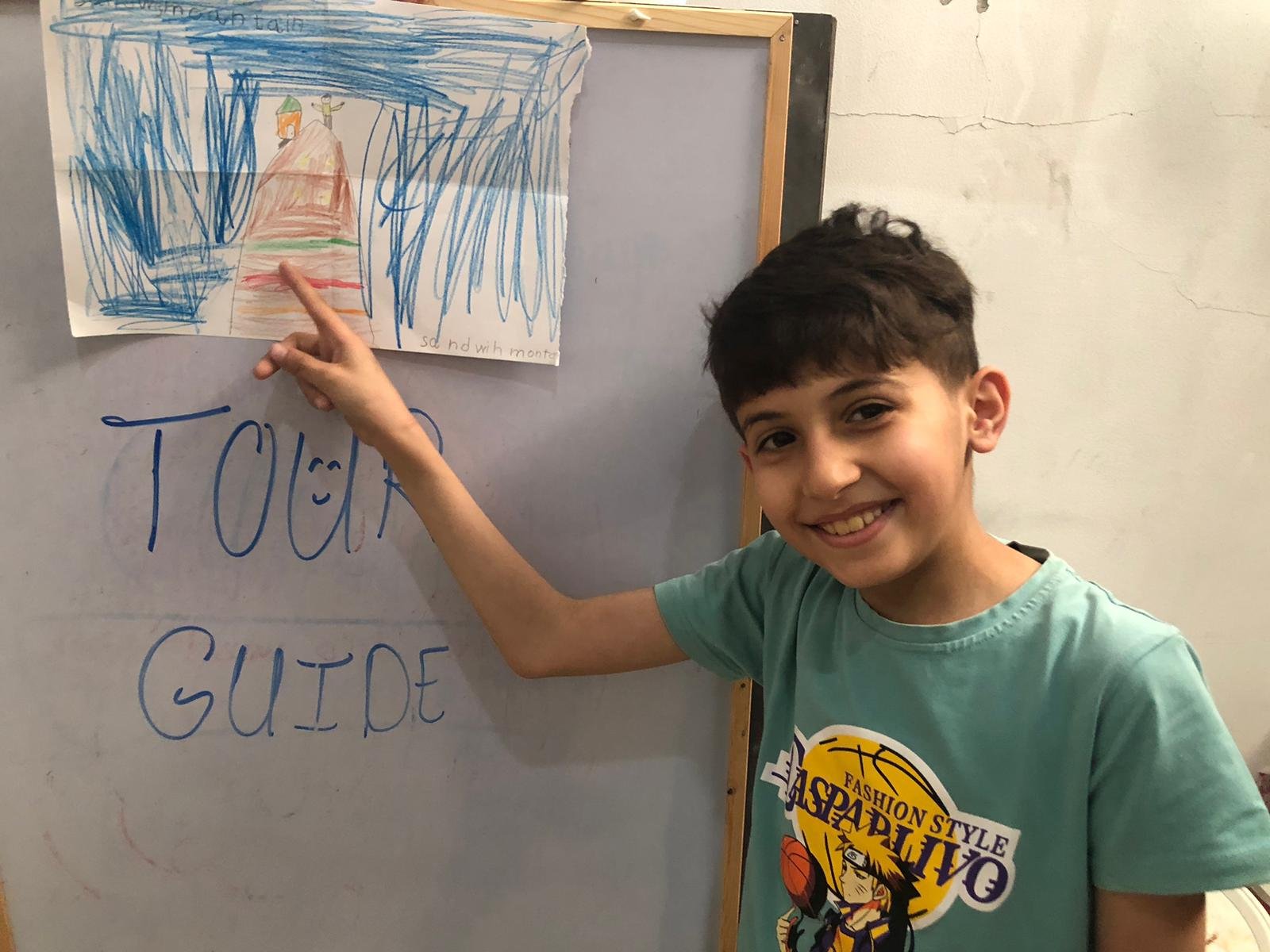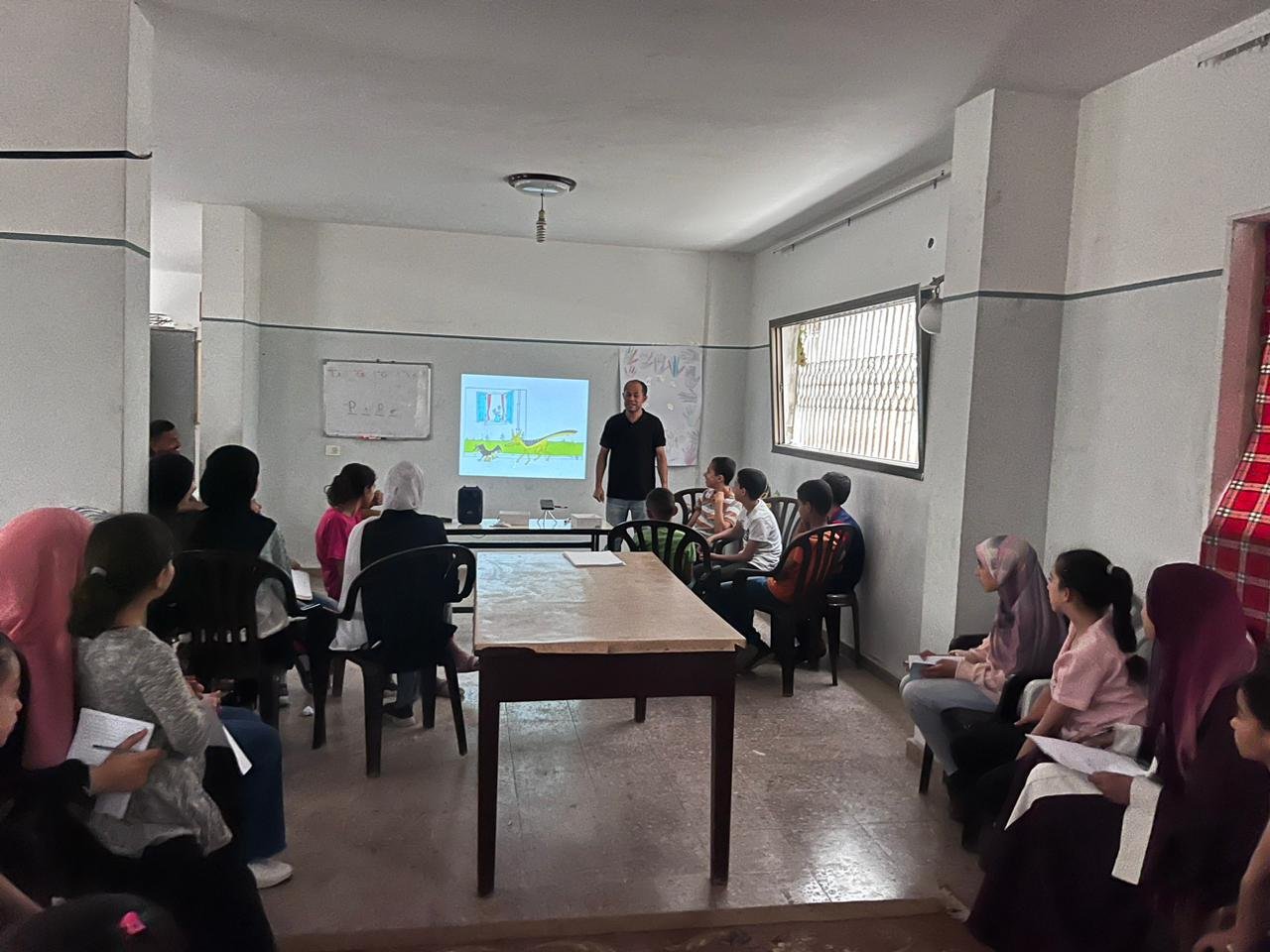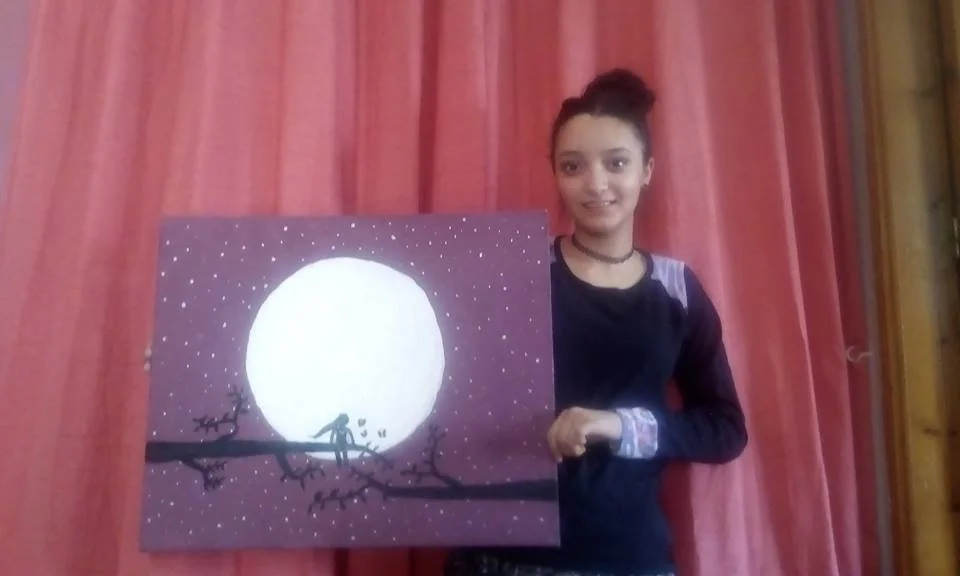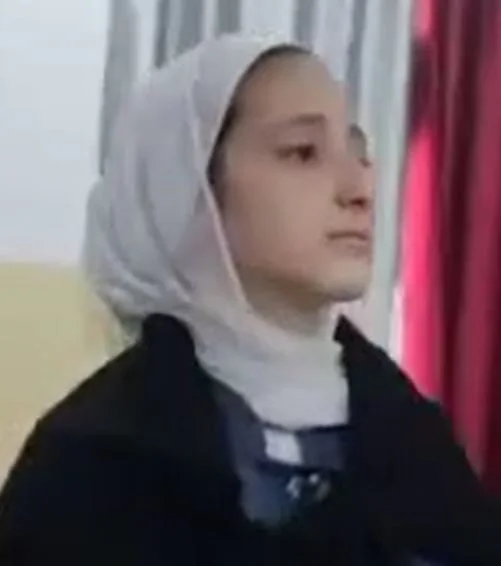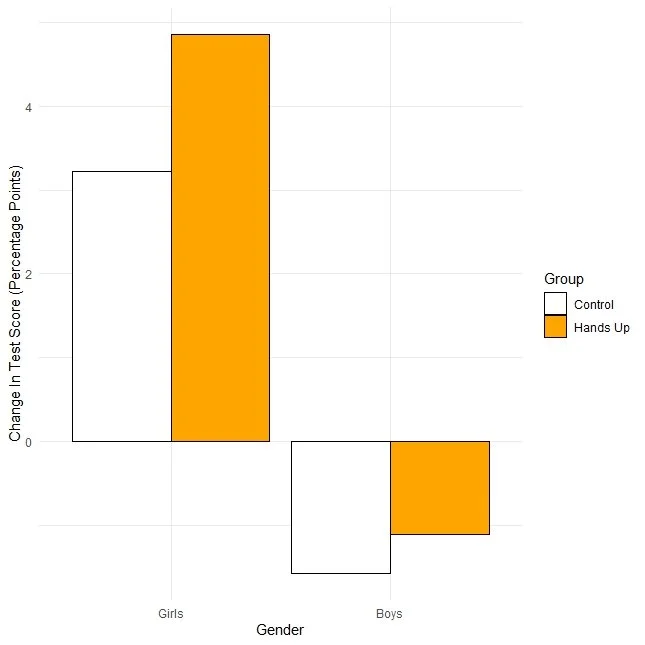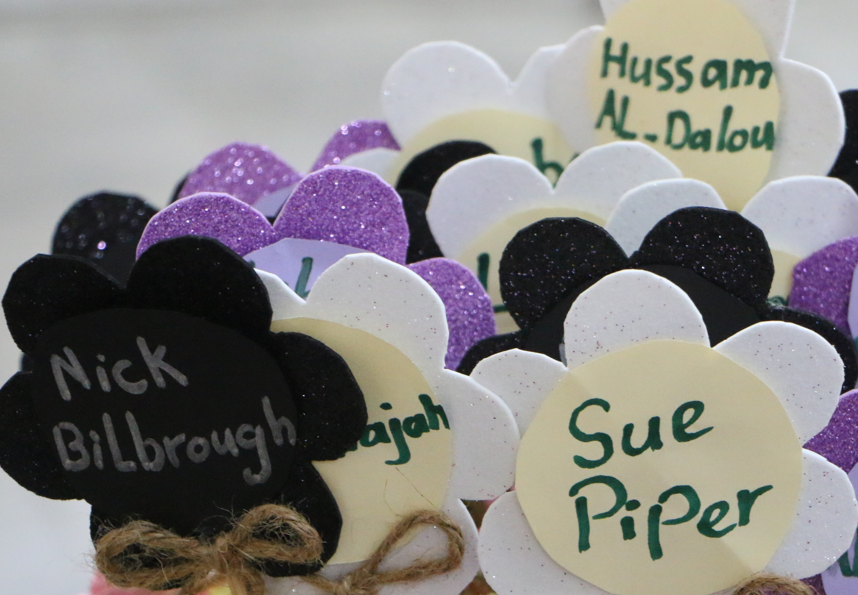Manuela Kelly, a Hands Up volunteer and friend, recently contacted Antonietta D'Introno, the editor of Peperoncino Rosso magazine, to introduce the Hands Up Project.
In a serendipitous twist, a teacher from Antonietta's hometown assigned her students to write about current events. Among them, 16-year-old Sara Yamoul crafted a poignant rap poem about the Israel-Palestine war. Her powerful poem was published in Peperoncino Rosso, spreading her message of peace to a wider audience.
Read More

